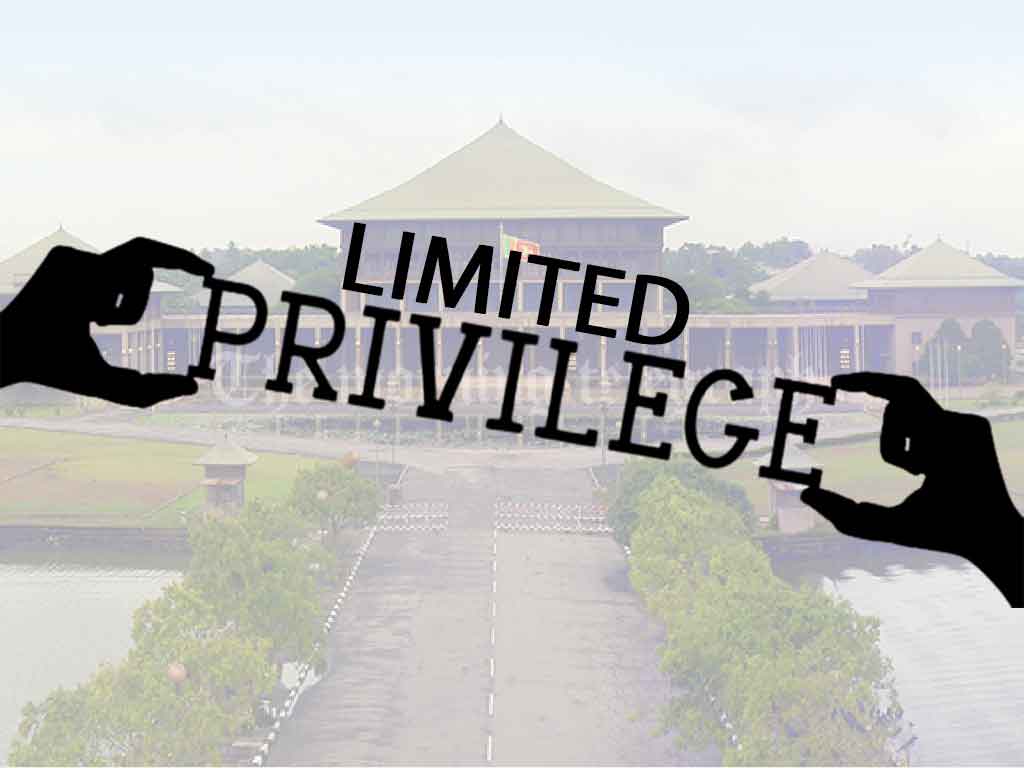
The government has announced plans to cut the privileges and benefits of newly elected Members of Parliament (MPs) as part of a broader effort to reduce the high costs of running Parliament. The initiative, led by a committee chaired by a retired Sri Lanka Administrative Service officer, aims to propose reforms that will curtail allowances, perks, and other entitlements currently enjoyed by MPs.
This move comes in light of the annual Parliamentary budget, which ranges from Rs. 4–5 billion, with over Rs. 1 billion allocated solely to salaries, allowances, and other perks for MPs. The committee is tasked with examining the current benefits package and submitting proposals to Parliament for legislative approval.
Currently, the remuneration and benefits of MPs include:
- Monthly Salaries: Ordinary MPs earn between Rs. 54,000–60,000, while the Speaker, Prime Minister, and Cabinet Ministers receive Rs. 100,000–150,000.
- Attendance Allowance: Rs. 2,500 per sitting in the House.
- Office and Entertainment Allowances: Rs. 100,000 and Rs. 1,000 per month, respectively.
- Driver Allowance: Rs. 3,500 monthly for MPs without government-provided drivers.
- Fuel Allowances: Adjusted based on the distance from the MP’s constituency to Parliament.
- Telephone Allowance: Rs. 50,000 per month.
- Staff Transport Allowance: Rs. 10,000 per month.
- Postal Allowance: Rs. 350,000 annually for free postage.
Additional perks include concessional car loans, fuel subsidies, and government-funded healthcare for MPs and their families. Those not utilizing government housing receive a housing allowance, while pension benefits are available after serving in Parliament. MPs also enjoy concessional air travel for personal trips.
These benefits have faced scrutiny for being disproportionately generous in comparison to the country’s economic constraints. The reforms will focus on scaling back allowances, particularly vehicle, housing, and telephone benefits, while aiming to introduce a more sustainable and cost-effective system of support for MPs.
The proposed changes reflect growing public demand for accountability and austerity in governance, as the government seeks to align Parliamentary operations with the nation’s financial realities.




